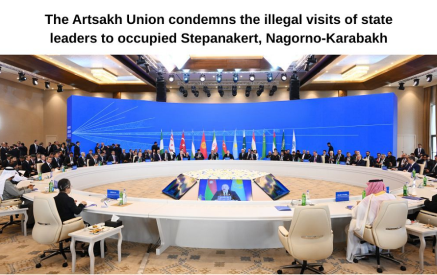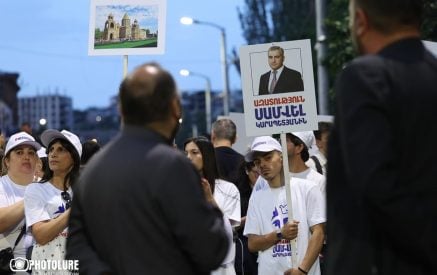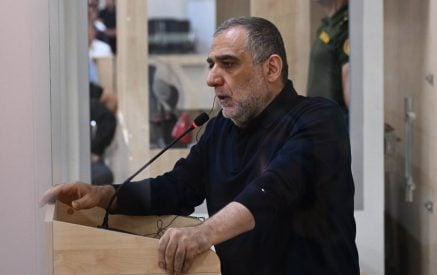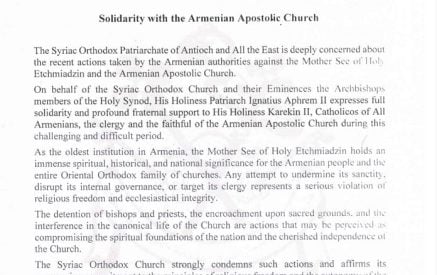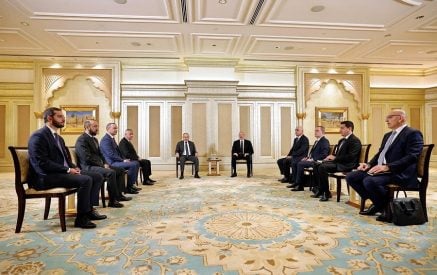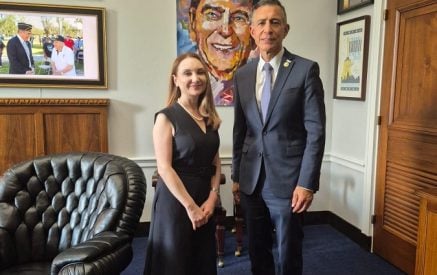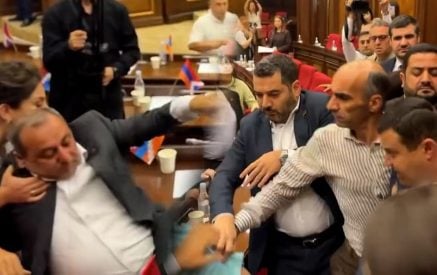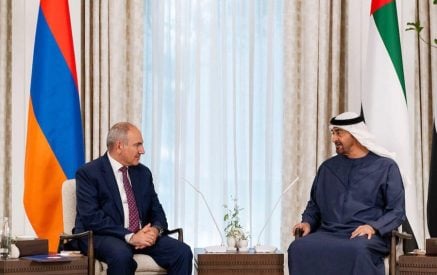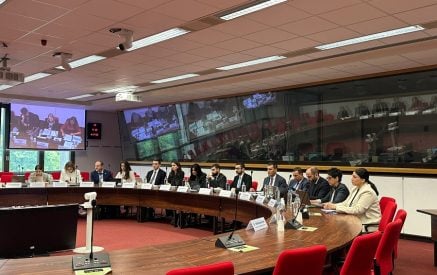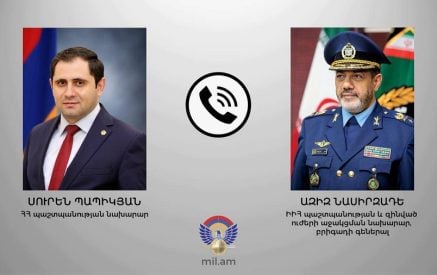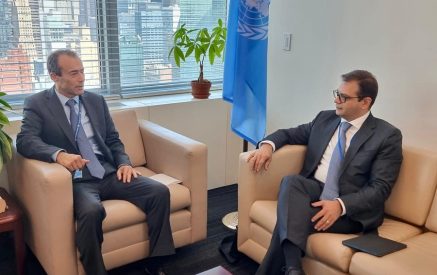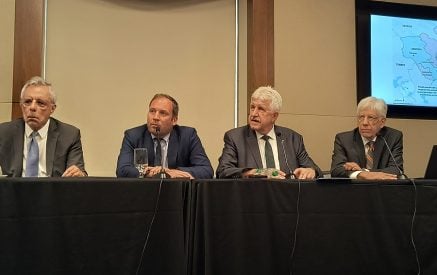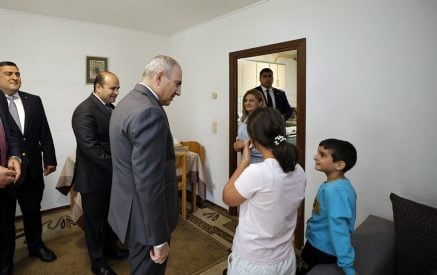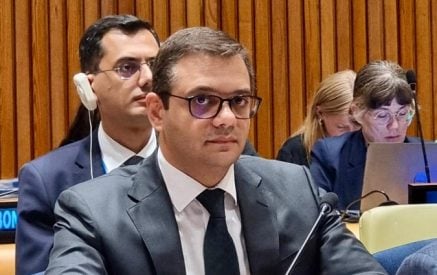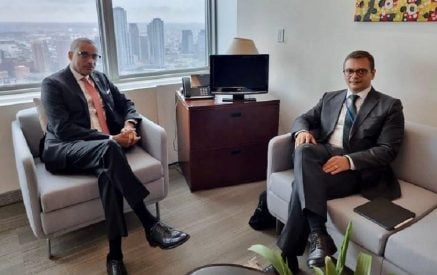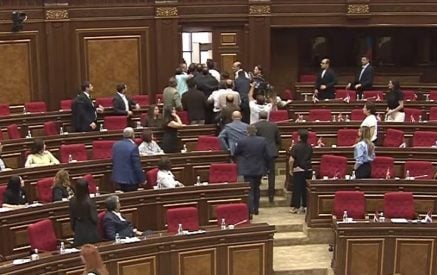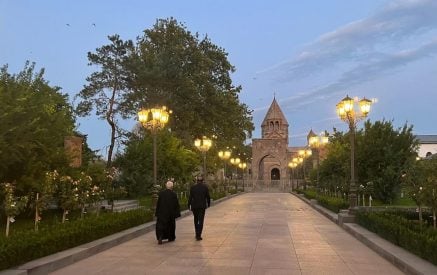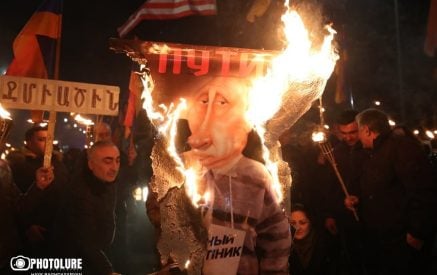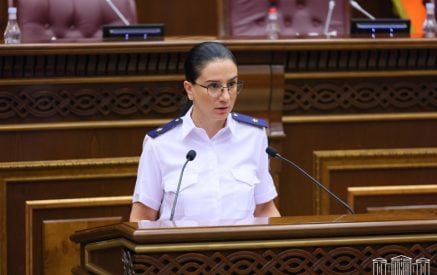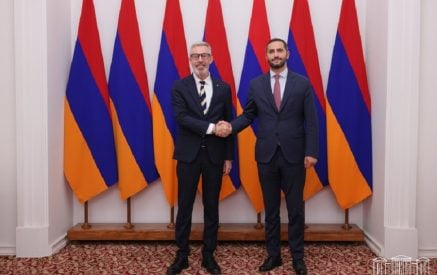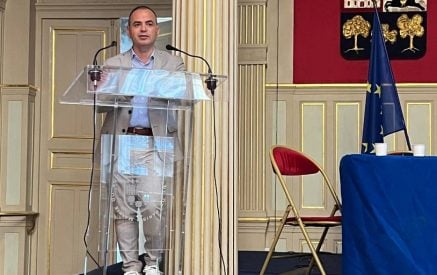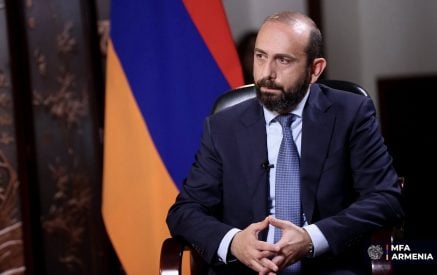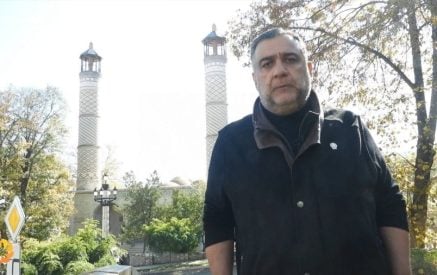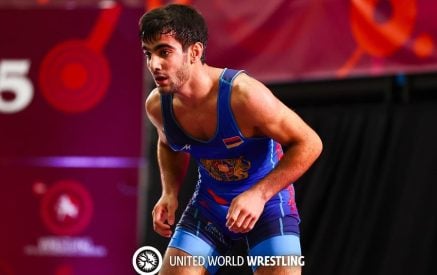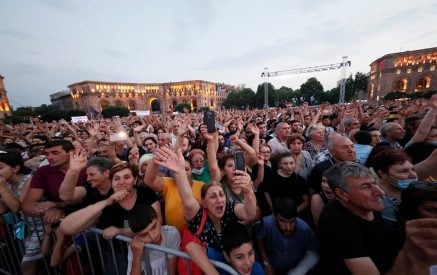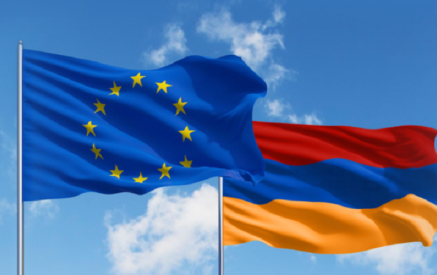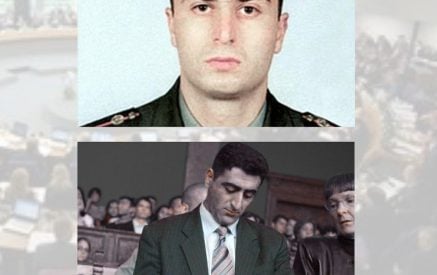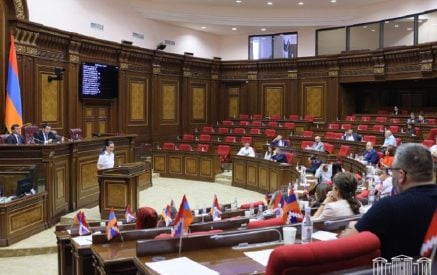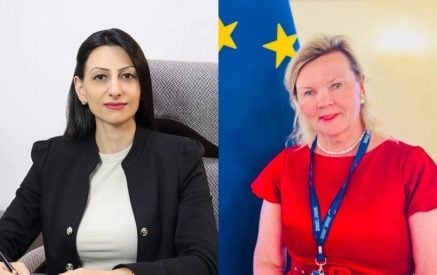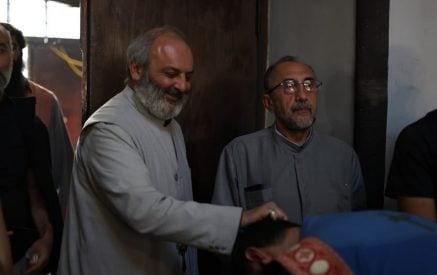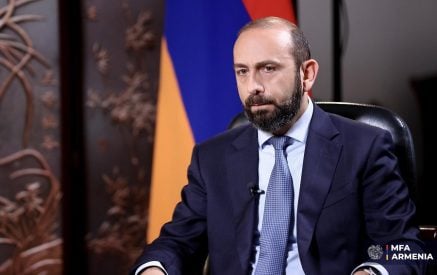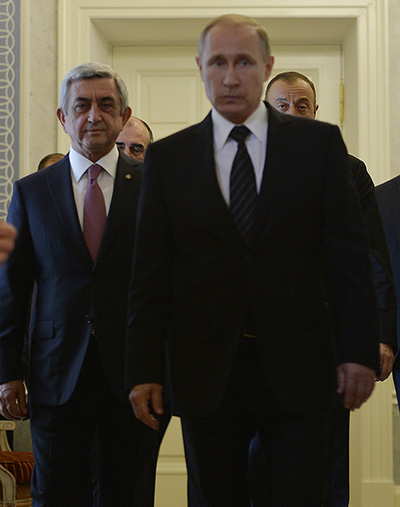But he can also induce him to a new aggression
On June 20, St. Petersburg hosted the meeting of the Presidents of Russia, Armenia and Azerbaijan, Vladimir Putin, Serzh Sargsyan and Ilham Aliyev respectively by the Russian initiative. They issued a joint statement in which they reconfirmed the commitments reached in Vienna on May 16 that are aimed at stabilizing the situation and creating an atmosphere conducive to the normalization process. “The Presidents stated the importance of their regular meetings for the conflict resolution and agreed to continue the meetings in the same format as a supplement to the efforts of the OSCE Minsk Group Co-chairs,” – reads the statement.
After the four-day war in April, thus, S. Sargsyan and I. Aliyev met for the second time. But it was the first tripartite meeting after the April war. Moreover, it was noteworthy that before the tripartite meeting it became known that the OSCE is not involved in the preparation of the tripartite summit on the Karabakh conflict settlement. This seems to be emphasized to record that the tripartite meeting in St. Petersburg was just a round by the Russian side and nothing more, and no need to expect significant results.
Which was Putin’s goal? The answer is simple: by organizing a tripartite meeting once again to show the OSCE Minsk Group co-chairing countries US and France that Russia is a country having an influence on Baku and Yerevan.
Read also
What outcome can we talk from the tripartite meeting in St. Petersburg? Judging by the joint statement issued by the three presidents, there is nothing new and remarkable. A meeting for the meeting, a statement for the statement. The fact that the three presidents agreed to increase the number of international observers in the conflict zone and have reached a mutual understanding on a number of matters, the solution of which would enable to create conditions for achieving progress in Karabakh conflict settlement, certainly, is a positive note, although it is not mentioned in what particular matters they reached mutual understanding.
While the four-day war in April assumed the need for the implementation of specific and immediate steps, which were already mentioned in the Vienna meeting.
The official minutes of the tripartite meeting in St. Petersburg are different, another matter what Putin and Aliyev have in mind. Aliyev in the meeting with Putin noting that the status quo is unacceptable has added that to change this, it is necessary to have the “de-occupation of Azerbaijani lands which extends for more than 20 years,” “We hope to transform a constructive dynamics to the talks which were not implemented in practice in the last two years.”
In the meeting with Putin, Serzh Sargsyan has said, “We would certainly be happy if we were able today to move forward on the implementation of the agreements that we reached in Vienna, by creating mechanisms to investigate violations of the ceasefire. This will create a working mood for negotiations.”
Maintenance of the ceasefire, ensuring continuity of talks, certainly, are some guarantee that the tension on the Line of Contact and in the border would not come out of control at times. Surely, Putin wants not to cede his role of a controller to the West, although he agrees with the framework of the Vienna agreements, as he has no way out.
Nevertheless, Moscow consistently avoids talking about the introduction of mechanisms to investigate the border incidents, which is one of the most important and primary proposals, and which will somewhat deprive Baku of displaying adventurous behavior in terms of defining the responsibility for border violations. Here is the greatest danger. Moscow was reluctant mentioning it, and that means giving a carte blanche to Azerbaijan for the resumption of hostilities in the future.
What can keep Aliyev back from such adventurism if he “digested” the April four-day aggression? In Vienna, the mediators managed push Aliyev into the corner expecting specific actions from him but now Putin by the tradition of tripartite negotiations perhaps again contribute to holding fruitless meetings and spreading out standard statements.
Putin can “subdue” Aliyev but he can also induce him to a new aggression. Everything depends on what plans Putin have in our region. Today, Putin states that the United States is “the only superpower,” he calls to restore the relations with the EU, official Ankara and Russia are constantly reminding how warm and valuable were their relationship, in other words, we are dealing with a leader of a mediation state, who despite his tough stance on various matters, however, has to reconcile with other factors in order to maintain his role of “the main player” in the international platform.
The Karabakh issue after April four-day war will actually make the conflict of interest in our region more transparent and obvious, and it is not excluded to have this conflict of interests in the United States-Russian relationships.
EMMA GABRIELYAN
Aravot Daily




